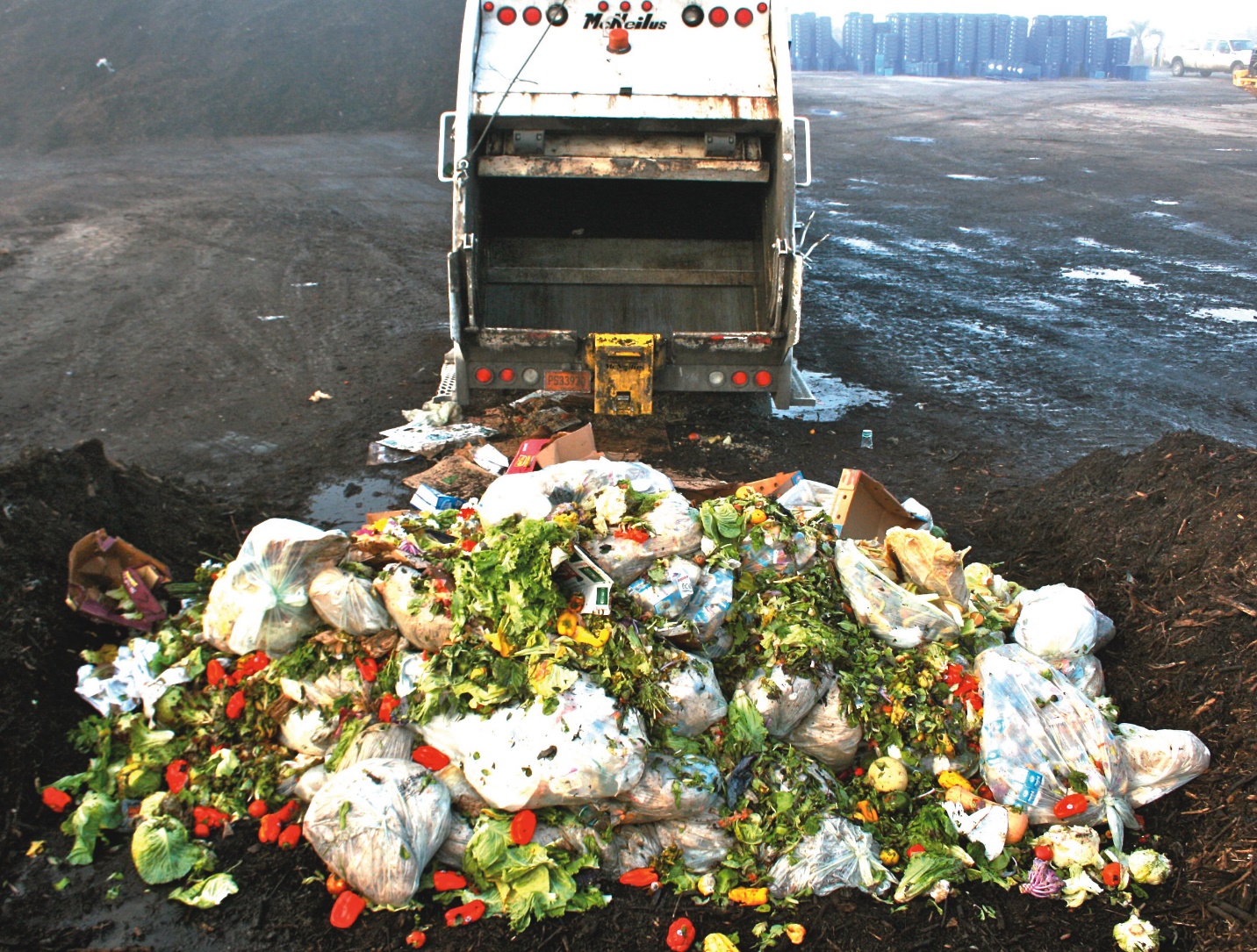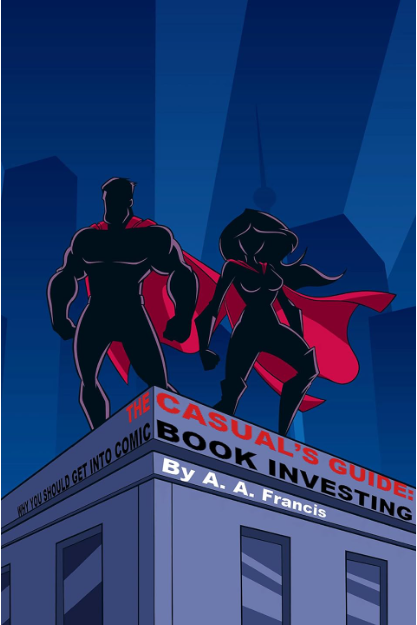How do Danes handle food waste and what can we learn from it?
Since I live in Denmark, it surprises me how they deal with food waste. Most supermarkets have very high discounts (up to 80%) at the end of the day and often give free food when it’s time to close, so as to avoid food waste.
Supermarkets are not the only ones aware of the waste of food, but also schools. Since 2013, they spend time teaching their students everything they have to know about food waste. This means that they give equal importance to learning math and caring for the planet.

In addition to teaching them the theory of food waste, they take them to farms and factories so they can see where the food comes from and how it is produced. This has not only an educational end, but also it seems very fun as they interact and learn things from the everyday life.
At the same time, Denmark is way ahead of other concerning organic food, and many supermarkets already have almost everything organic.
Throughout many organic food waste campaigns, Danes have managed to get rid of “non-organic” products, regardless of the price of new organic foods. This has been approached very cleverly by introducing all the new organic products as “luxury” in marketing. We all love luxury things, and even more when they contribute to our health and the health of our planet.
What makes me more aware, is a new application called ‘ToGoodToGo’. With this application, restaurants and supermarkets register food that they aren’t going to use so that users can buy them for only 20 or 40 krones. As a result, food waste has been reduced to a great extent. People who spend less often have better food on their plates, for less money.
We can all learn a lot from this. We throw tons of food every day, without thinking about the waste we are causing not only to our pockets but also for the planet. This can and should be different, but we have to collaborate. Why do not we do what Danes do? The simple fact that supermarkets share information online through an application can have a great impact in our minds.
Following these methods, only in Denmark, food waste has decreased by 25% between 2010 and 2015.
There is only one thing left to say: when are we going to wake up?
About The Author
Sara Lopez Alaguero





